Get Your Act Together
Written by Garret Froese, Froese Corp Group.
Everyone loves to talk about finding great deals and raising tons of capital – this is the sexy side of real estate. What nobody talks about is the unsexy stuff, i.e. risk mitigation. This includes things like insurance, legal documents, record keeping storage, etc. Today, I want to talk to you about what you can do in each of these areas to help reduce your risk in your real estate business.
Insurance
There’s four main areas of insurance you’ll want to make sure that you have in place:
(1) Life insurance – In the event of your passing, funds from this policy go to your beneficiaries. Borrowing against your permanent life insurance policy is also a great tax advantage strategy, as it allows you to write off income you’ve earned in the corporation while still giving you a path to being able to access those funds tax free.
(2) Disability insurance – In the event where you have an accident or illness where you are alive but do not have your mental or physical faculties, then this type of insurance is very useful.
In both these scenarios your benefactors should include your family and loved ones. However, you could also include specific investors as a benefactor (i.e. ones that have invested a significant amount with you). You can also have multiple beneficiaries, so this way you know that in your passing or onset of disability that both your loved ones and your investors will be taken care of.
(3) Commercial General Liability (CGL) policy – This policy protects you in the event that a contractor, tenant or other individuals harmed on your property sues you as a result. These policies are very reasonably priced and in my experience potential investors are impressed when you have something like this in place.
(4) Property insurance – In order to take possession of a property you must have valid property insurance in place, but how good is that policy? What does it cover? What doesn’t it cover? Make sure to develop a great relationship with an insurance broker that understands your needs and can advise you accordingly. Also, be sure to review your insurance policies on a regular basis to ensure they are in fact meeting your needs.
Will
As your real estate portfolio, assets and other investments grow both in number and volume having an up-to-date will becomes essential. When you pass away, the last thing your family and loved ones want to have to do is try to figure out what your intentions were. Even if you’re single, do this now and be prepared for the future.
Power of Attorney
In the event that you are mentally or physically incapable of making decisions, living life and/or operating your business then setting up Power of Attorney is crucial. This could be a spouse or even a business partner that you name as someone that can act on your behalf.
Health Care Directive
A health care directive is a legal set of advance instructions that you can provide with respect to your healthcare decisions in the event that you are unable to make those decisions yourself. This is particularly important for your family and it also impacts your real estate business.
Safe/Vault
Secure a waterproof and fireproof safe/vault somewhere in your home or your office that can hold cash, valuables and important notarized legal documents.
File Cabinet
There are also fireproof and waterproof filing cabinets you can purchase to hold all of your original receipts, which you’ll need to store for 7 years. Now, the chances of losing your receipts to a fire/flood AND getting audited are quite low but that’s what risk mitigation is all about – reducing the chance that something bad might happen to you.
Home Office Alarm
For your home-based office, make sure you install an actively monitored alarm system. This has the dual benefit of protecting your family, as well as protecting your essential equipment and documents required to run your real estate business. You can also write it off for tax purposes.

